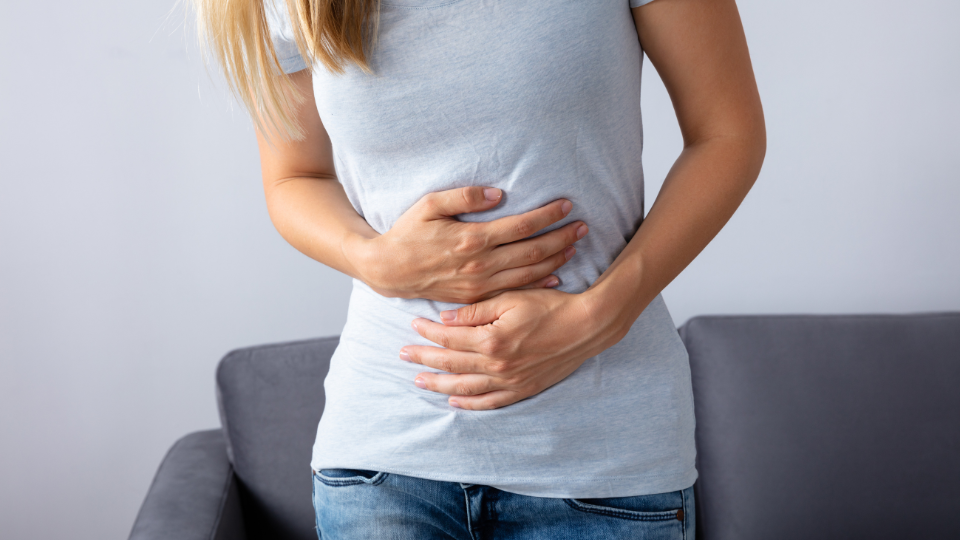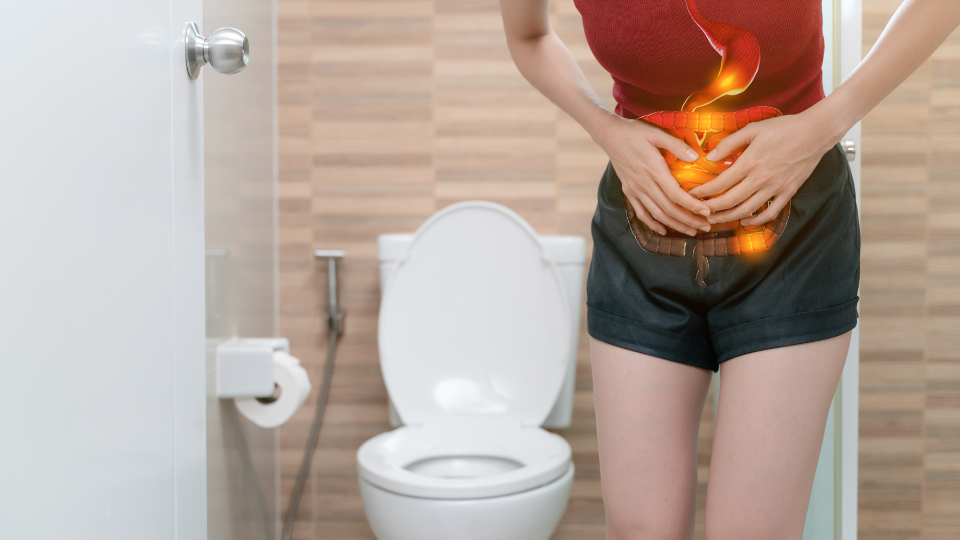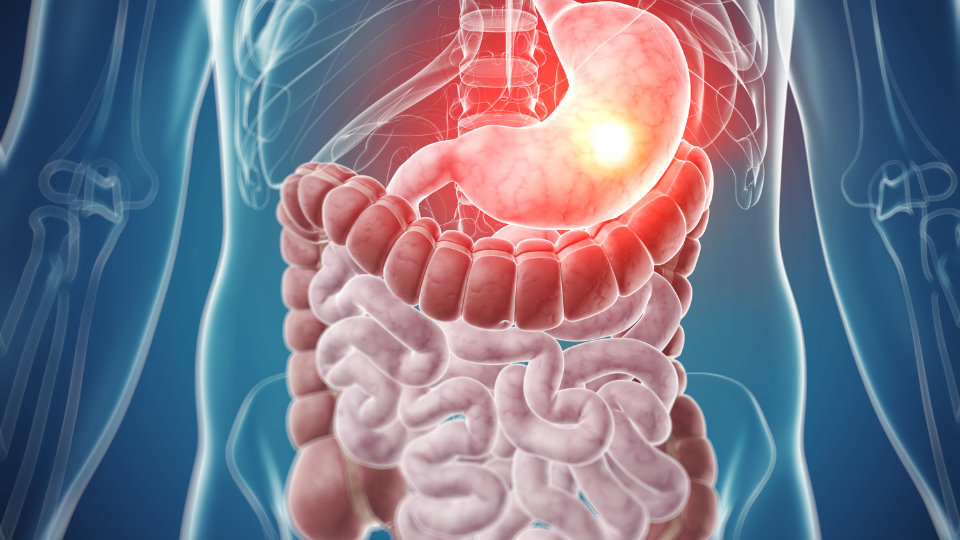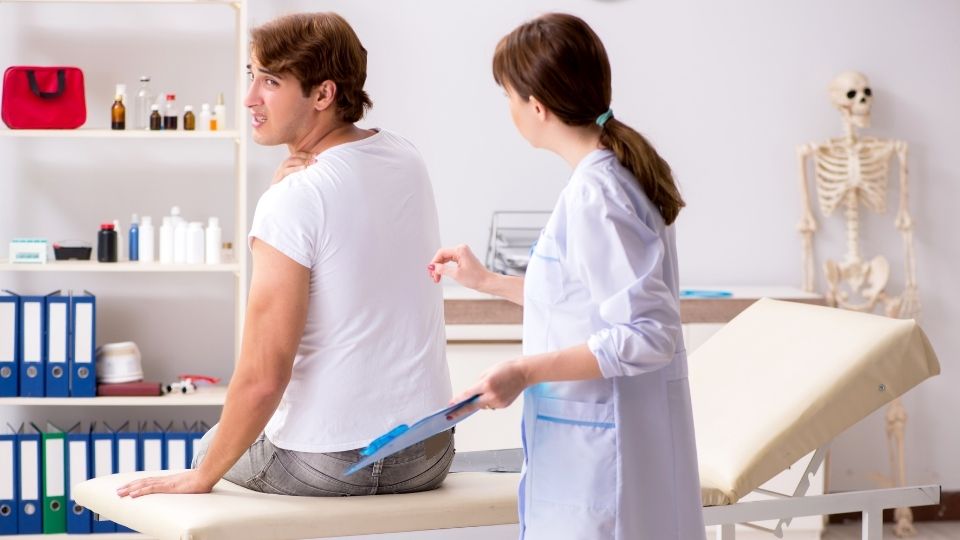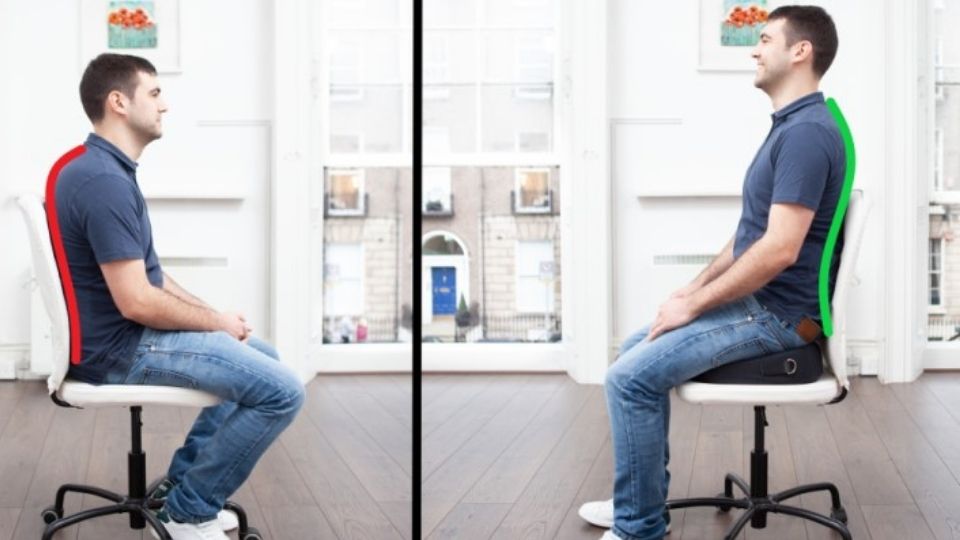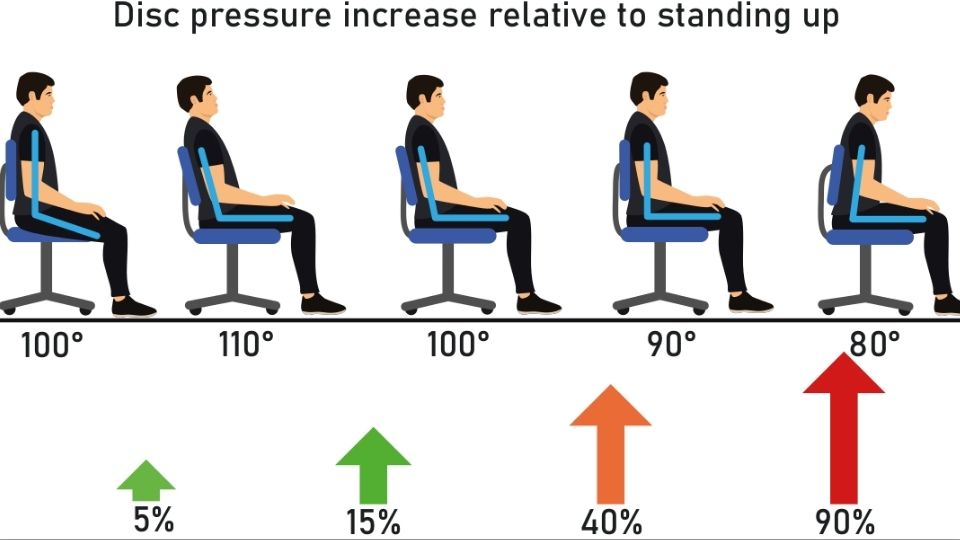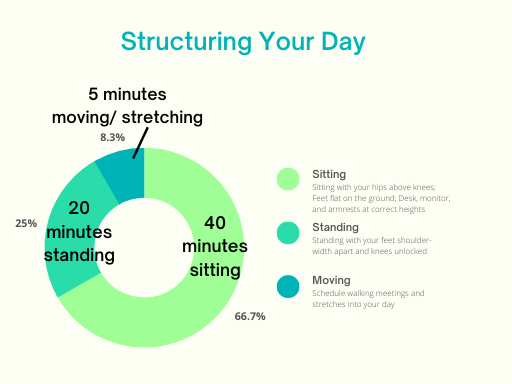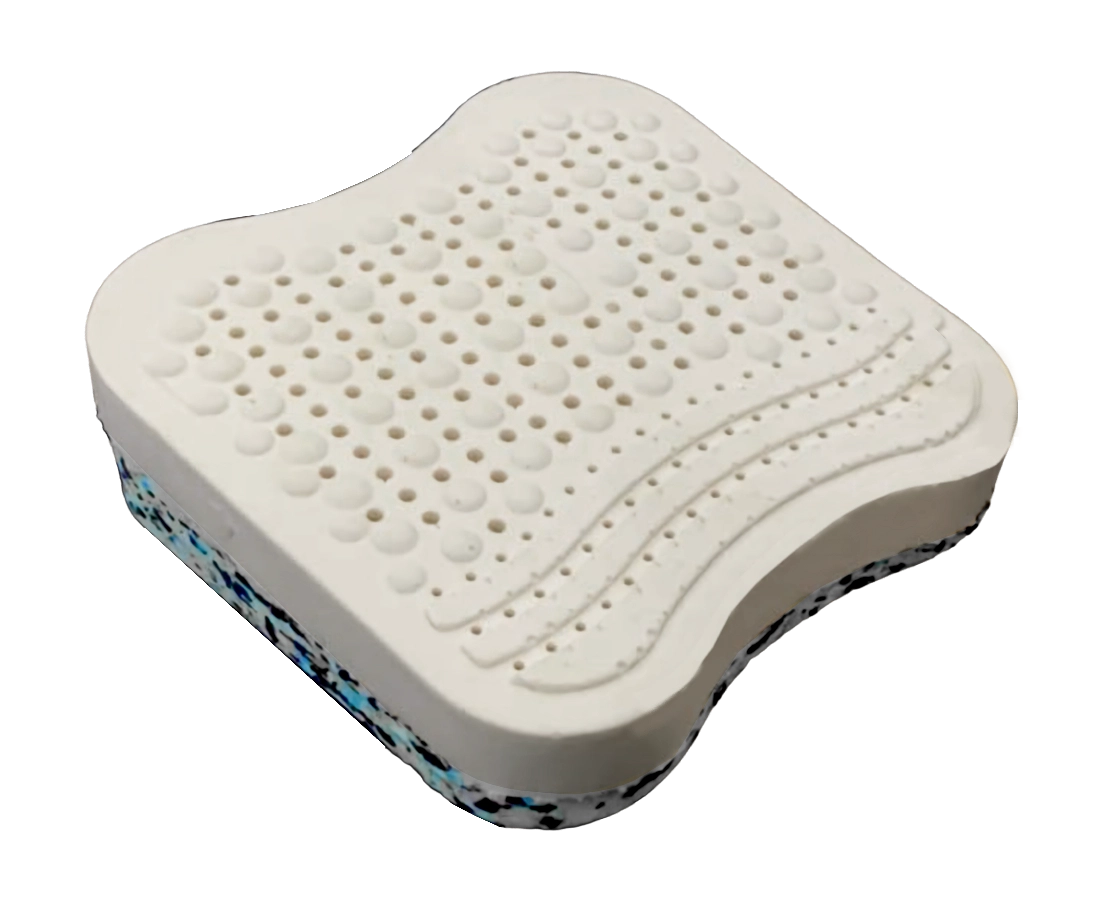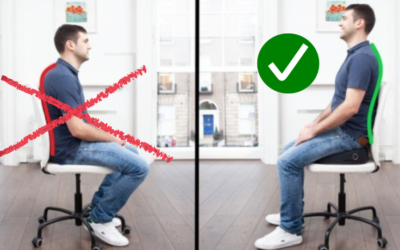If your stomach hurts when standing occasionally, you are not alone. Many people experience this pain from time to time. However, you may have something more sinister if standing exacerbates your pain. When your stomach hurts, life can be challenging, and it can be hard to know why!
Your stomach is one of the most essential parts of your body. That’s where that tasty food is digested. However, standing can sometimes cause pain for some people. It may indicate that you have an ulcer infection or colitis in your digestive system.
It would be best to see someone who deals specifically with stomach problems, such as an internist, gastroenterologist, general practitioner/family doctor…you get my point! They can tell you what’s wrong and help you if you have more than a simple stomach ache.
As a general rule, having stomach pain while standing is usually caused by gas in your stomach. This can be caused by eating or drinking too fast, which leads the air to travel down into your esophagus and out through your mouth during belching. It is always a good idea to get a proper medical diagnosis.
Get 35% off Orthopedic Seat Cushion Video Guide Video GuideBest Seat Cushion for Abdominal SupportDoctor's Recommendation
Black Friday Offer!
Product DetailsResearch-based Design
Recommended ForBack Discomfort
Stomach & Abdominal Pain
The internet provides a lot of accurate information, but it doesn’t cover everything. The purpose of this post is to explain why you should read it. The best thing about my practice is that I have worked with patients (like you!); I’m also a trained ergonomist; I wrote a book on posture; I have spoken on this subject on national TV; I have designed several ergonomic solutions to improve comfort while sitting, and I have had a successful Kickstarter campaign for a posture correcting device. Therefore, I believe I can impart some practice and valuable advice!
There are two categories of stomach pain: mechanical and medical. If a misalignment produces your problem in the spine, I will provide some valuable tips to help you correct it and relieve any discomfort that may be causing this issue.
There are two categories of stomach pain while standing, mechanical and medical. If a poor posture produces your problem, I will provide some tips on how to fix this issue so that you can have an easy time experiencing less discomfort in the future!
I strongly urge anyone who suspects they may have any severe condition, such as the following (below) ailments (among others), to see your doctor immediately. This article cannot substitute for getting a professional diagnosis from somebody qualified! Again, this article is not a substitute for a proper medical diagnosis. Medical Issues
Medical Issues
Seek emergency medical attention if you have:
- Abdominal pain that is constant or severe
- Symptoms of fever-related pain
- Whenever the intensity of the pain changes, whether it originates in one area and moves elsewhere or when it goes from dull to sharp.
- Other severe or unexpected symptoms can include respiratory problems or changes in mental state in addition to pain.
- Pain that is localized
- If you have pain in your right lower quadrant, it could be an indication of appendicitis.
- An infection of the gallbladder or cholecystitis may appear in the upper right quadrant of the abdomen.
- Pain in the left lower quadrant could be caused by diverticulitis or other infections.
- Have you had diarrhea? If so, it’s probably because of a viral or bacterial infection.
- While most people recover from norovirus infection within a few days, some may experience diarrhea or more prolonged stomach pain.
- Kidney stones can be a painful experience for the person who has them and those around him. The pain often comes with stomach issues such as nausea or vomiting, which makes it difficult to keep anything down!
- The most common symptoms of acute pancreatitis are abdominal pain and tenderness. These may radiate to your back (the area just below the rib cage), upper abdominal area, and tenderness touching the abdomen. In some cases, you might experience nausea and vomiting as well.
Mechanical Issues
Strictly speaking, you may be experiencing gas pain if you’re feeling stomach aches every time your feet touch the ground. This is because standing can cause more pressure on your intestines and result in the trapped wind, which leads to sharp shooting pains that are difficult (if not impossible) for some people to deal with without medical help!
It’s true – your body is fantastic! And did you know that your nervous system plays a vital role in keeping everything ticking smoothly? It controls your body’s different parts, including your stomach and intestines. The nervous system branches out from the lower down of your spine and travels to all these different body parts, ensuring they can work properly.
For example, it helps with digestion by ensuring that food moves through the GI tract (digestive tract) correctly and helps absorb nutrients/minerals. It also removes waste products via the intestines – all incredibly important functions!
Sitting at a desk all day, not just your back that takes a beating. Your whole digestive system can suffer from poor posture and muscle tension. When the bones (vertebrae) in your spine are out of alignment, they can put pressure on nerves that control the function of your organs. This can lead to symptoms like abdominal pain, heartburn, and constipation.
In addition, getting up and moving around after being in a sedentary position may be the culprit of your abdominal pain. The muscle tension that builds up from sitting in one position all day can restrict blood and oxygen flow to your digestive organs, making it difficult for them to do their job. As a result, it’s essential to take breaks throughout the day to stretch and move around. Keeping your spine aligned and your muscles relaxed can help keep your digestive system functioning correctly.
Upper Abdominal Pain
Many people experience pain in the upper abdomen at some point in their lives. There are many potential causes of this pain, including GERD, heartburn, gastritis, pancreatitis, and ulcers. In most cases, the pain is mild and can be easily treated with over-the-counter medication. However, if the pain is severe or persistent, it may be a sign of a more serious condition. If you experience upper abdominal pain, it is important to visit your doctor to rule out any serious problems. With proper diagnosis and treatment, the vast majority of people with upper abdominal pain will make a full recovery.
Lower Abdominal Pain
Abdominal pain is a common condition that can have a variety of causes. Most often, the pain is due to a benign condition, such as gas or indigestion. However, there are some instances where abdominal pain can be a sign of a more serious condition.
How to Correct Mechanical Abdomen (Belly) Issues
Structural Care
Suffering from digestive issues can be both painful and frustrating. Often, people will turn to medication in an attempt to find relief. However, drugs only mask the symptoms and do not address the underlying cause of the problem. If you are looking for a more holistic approach to treatment, you may want to consider seeing a Chiropractor or Osteopath.
These practitioners are trained to improve spinal column alignment, reducing pressure on nerves, joints, and muscles. This, in turn, can restore normal function to the digestive system. These practitioners use two standard techniques: manipulation (with rapid thrusts) and mobilization (a slower, more gentle technique). In addition, your treatment plan may also include massage therapy and other therapeutic approaches such as non-surgical spinal decompression. By addressing the root cause of the problem, you may find lasting relief from your digestive issues.
Check Your Sitting Posture
Good posture is essential whether a person is sitting or standing. Maintaining proper alignment helps to prevent strain on the muscles and joints and can also help to improve breathing and digestion. Sitting back in the chair is vital to support the bottom and back. The feet should stay planted on the floor, and the legs should not be crossed or flexed under the body. This position helps to prevent tension in the muscles used for standing up from a seated position and also helps to improve circulation. In addition, sitting with good posture can help to improve digestion by keeping the spine in alignment.

The following is a list of tips for reducing stomach discomfort when seated. It comes from my experience as an orthopedic doctor and ergonomic adviser who has helped people with similar problems worldwide!
Get Your Seat Angle Right
When sitting, make sure your hips are higher than your knees. Suppose there is insufficient blood flow from pooling to the rest of our body due to less pressure on them (such as office seats). In that case, adverse health effects like increased abdominal fat storage and lower extremities becoming inflamed and swollen!
(I’ve written a complete hands-on review about the best sitting position for sciatica, and here is what I tested best with my sciatica patients.)
The most crucial consideration when choosing a desk chair is the type of seat underneath you. An office style or ergonomic seat cushion will fit different body sizes and their height relative to hip-to-knee ratio, so your spine doesn’t bear all responsibility for sitting upright!
The most crucial consideration when choosing an office chair is the type of seat underneath you. Most of my clients choose an ergonomic office chair or an ergonomic seat cushion. Either choice should fit different body sizes and their height relative to the hip-to-knee ratio, so your spine doesn’t bear all responsibility for sitting upright!
When you’re experiencing stomach pains while seated, it’s vital to maintain your trunk-to-thigh ratio as far down as 110 (up to 135) degrees to reduce pressure on the spine and discs. Sitting up straight can lead to herniated or pinched nerves and more severe problems such as sciatica, pinched nerves, or herniated discs.
If you are into super easy and inexpensive alternatives to office chairs, I wrote a fantastic article on how and why you should consider these options for back pain, and I encourage you to read it!
Keeping your spine in a ‘neutral’ posture is essential to avoid abdominal pain. If your posture is slumped forward or stooped over, the spinal cord can get pinched! When this happens, there are significant consequences for all those nerves squeezed between two spinal bones instead of getting roomy space like we want them to have so they won’t feel too crowded.
The perfect angle for sitting is 110-135 degrees, but sitting in that position all day is not practical. Through my research, I have found that the optimal recline range of 8-13 degrees or 3-4 inches off your knees and hips feels comfortable.
All Day Comfort & Support
Keep Moving
It’s no secret that our modern lifestyles involve a lot of sitting. Whether working at a desk, commuting, or watching TV, we spend hours every day with our bodies in a sedentary position. And while there’s no denying that regular exercise is vital for our health, it’s simply not enough to offset the harmful effects of all that sitting.
That’s why it’s crucial to get back to basics and ensure we incorporate movement into our everyday lives. Simple things like taking a brisk walk every day, standing up often, and stretching regularly can make a big difference in our overall health. And when we try to be more active throughout the day, we improve our physical health and boost our energy levels, mood, and productivity. So let’s get moving!
Best Seat Cushion for Stomach Pain
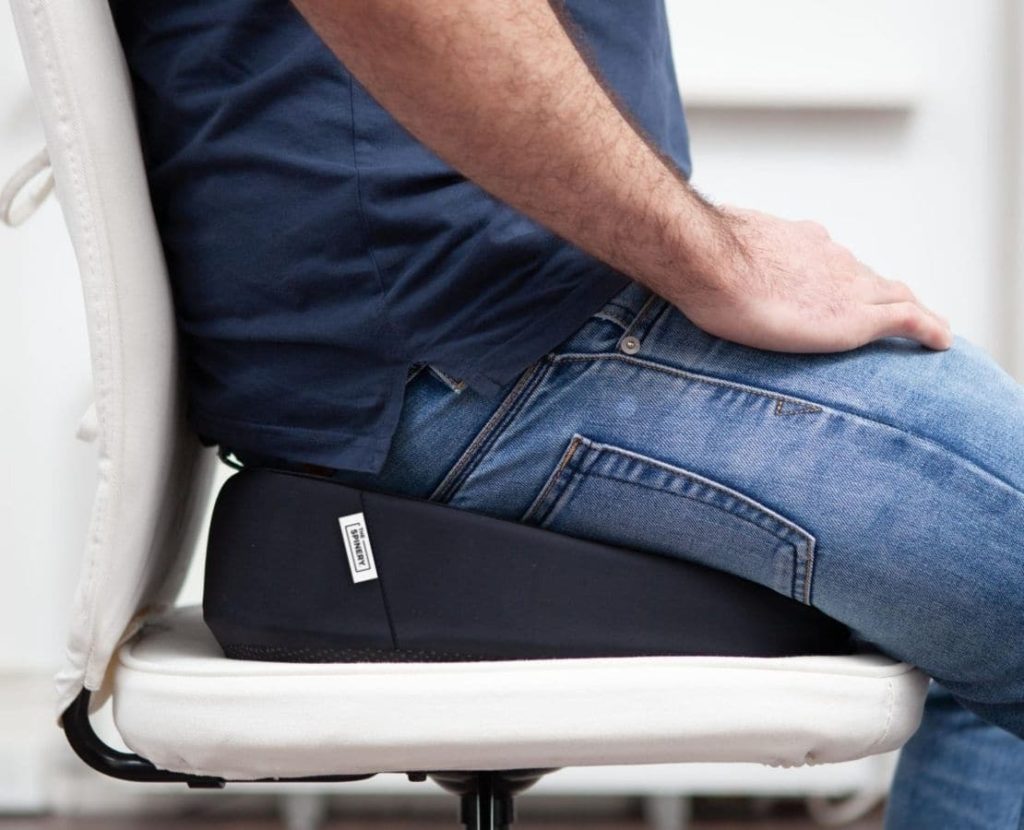
During my professional career, I have gained a unique understanding of how stomach or abdominal problems affect patients. It has taken me years to find an orthopedic seat cushion that provides comfort and support to my patients. Ultimately, I designed the perfect seat cushion after a few prototypes and tests. This seat cushion is made of (natural latex) high-density foam and contoured to support the lower back (and is eco-friendly). This product is not only highly comfortable, but it also supports abdominal pain problems.
I’ve written a complete hands-on review about why your stomach is flat until you sit down, and here are some of the shocking issues I ran into in this post!
The cushion is made from natural latex, which is (I believe) more supportive than memory foam or polyurethane foams. It also provides a higher density that helps align the spine and keep you comfortable while seated for an extended period! The 4-way stretch vegan leather ensures durability, so it can last through many years worth of use in your home office chair without showing too much wear, even if handled roughly on occasion by children who want nothing but comfort when gaming all day long at their dad’s desk job (or anything else).
I designed this seat pad specifically because I knew there were tons out here already available…but they didn’t quite meet my criteria – being responsive, pressure relieving, ergonomic, and extremely comfortable!
Best Seat Cushion for Abdominal SupportAxial Ergonomic Seat Cushion® | Seat Chair Wedge
Quick Guide: A 30-Second Summary
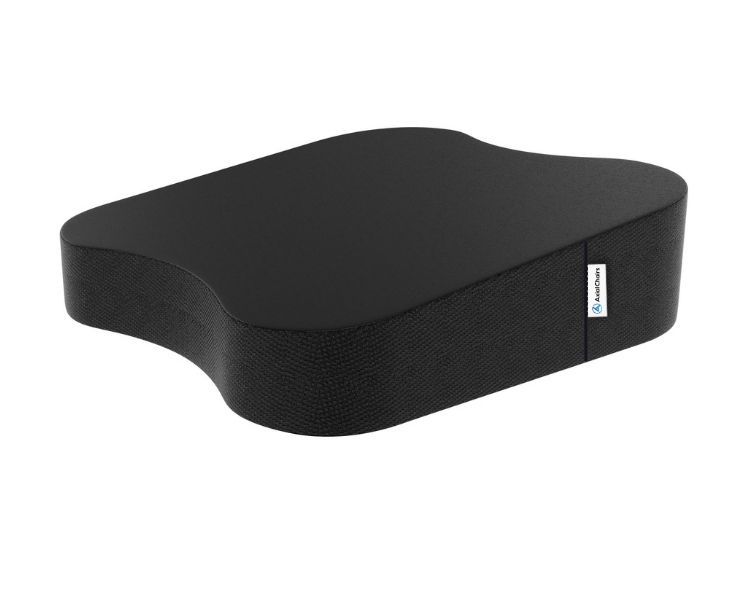
All Day Comfort & Support
Product Name
Axial Designs™ Seat Cushion
Price
$149
Warranty
1 Year
Type
Posture Wedge
Top Layer
100% Natural Latex (Molded)
Bottom Layer
High-Density Foam
Top Material
Isometric Grippy Vegan Leather
Bottom Material
Non-Slip Material
Side Material
3D Breathable Fabric
I explain the concept of my design on a TV show HERE!
Takeaway
If you’re experiencing stomach pain, don’t be too embarrassed to ask for help. The list of possible reasons why your stomach hurts is extensive, and it’s important to rule out a serious illness or condition when your pain persists and gets intense. Many people have been affected by stomach pain at some point in their lives, so you’re not alone. Hopefully, this post has given you some helpful information about what could be causing your discomfort and how to get relief.
References:
- Can J Gastroenterol. 2011 Jan; 25(1): 39–40. doi: 10.1155/2011/910469, Chiropractic treatment for gastrointestinal problems: A systematic review of clinical trials
- Schiller, L.R., 2000. Diarrhea. Medical Clinics of North America, 84(5), pp.1259-1274.
- Wilcox, C.M., Yadav, D., Ye, T., Gardner, T.B., Gelrud, A., Sandhu, B.S., Lewis, M.D., Al-Kaade, S., Cote, G.A., Forsmark, C.E. and Guda, N.M., 2015. Chronic pancreatitis pain pattern and severity are independent of abdominal imaging findings. Clinical Gastroenterology and Hepatology, 13(3), pp.552-560.
- Adekoya, N., 2010. Reasons for visits to emergency departments for Medicaid and State Children’s Health Insurance Program patients: United States, 2004. North Carolina medical journal, 71(2), pp.123-130.
- Macaluso, C.R. and McNamara, R.M., 2012. Evaluation and management of acute abdominal pain in the emergency department. International journal of general medicine, 5, p.789.
- Elwood, D.R., 2008. Cholecystitis. Surgical Clinics of North America, 88(6), pp.1241-1252.
- Humes, D.J. and Simpson, J., 2006. Acute appendicitis. Bmj, 333(7567), pp.530-534.
- Klopfenstein, T., Royer, P.Y., Toko, L., Gendrin, V. and Zayet, S., 2020. Diarrhea: An underestimated symptom in Coronavirus disease 2019.
- Boyden, E.A. and Rigler, L.G., 1934. Localized Pain Accompanying Faradic Excitation of the Stomach and Duodenum. Proceedings of the Society for Experimental Biology and Medicine, 31(6), pp.655-656.

